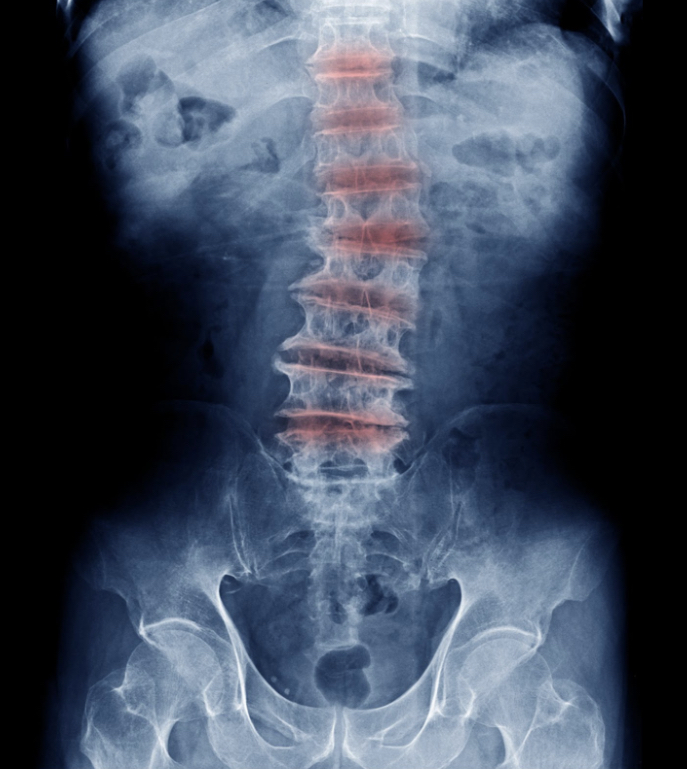Degenerative disc disease (DDD) is a condition resulting from the natural aging process and its effects on the spinal discs. Over time the discs dry out and lose elasticity, making them less able to withstand the stresses of everyday movement. While DDD is relatively common and doesn’t always cause symptoms if they do develop they can have a significant impact on your quality of life.
Learning more about the causes and specific symptoms of DDD is an important part of educating yourself as a patient if this condition is affecting you. The following information can help you better understand your spine health and help you get back to an active lifestyle.
Degenerative Disc Disease Symptoms
DDD can cause symptoms if a damaged disc causes compression of the nerves in the spine. While this can happen at any point in the spinal column, it is particularly common in the cervical (upper) and lumbar (lower) regions due to their relative flexibility and the amount of pressure placed upon the discs here.
The location of nerve compression caused by DDD can affect the location of symptoms. For example, cervical DDD can cause:
- Traveling pain down the shoulder, arm, hand, or fingers
- Weakness in the arm muscles
- Numbness in the arm or hand
- Persistent headaches
- Difficulty walking, coordination problems, and poor balance if the upper spinal cord is compressed
While lumbar DDD can result in the following symptoms:
- Foot drop, which is when the foot cannot be lifted
- Pain in the hips, buttocks, legs, or feet
- Weakness tingling or numbness in the legs or feet
All of these DDD symptoms can affect one’s ability to complete daily tasks such as picking up a glass of water or even walking.
What Causes This Condition?
Disc degeneration is a common part of the aging process. In fact, most people experience some type of spinal degeneration by age 60. Degenerative disc disease takes decades to develop and can be caused by many different factors that are a normal part of everyday life such as:
- Aging – overtime discs become less permeable, leading to dehydration and weakness
- Alcohol And Tobacco Use – excessive use can lead to faster degeneration of the spines discs
- Excess Weight – adds to the pressure on the spine’s discs, joints, ligaments, and muscles
- Occupational Duties – twisting, turning, bending, lifting, or even sitting as part of a job puts stress on the discs that accumulate over time
Treatment for degenerative disc disease usually involves a course of conservative options including medication, physical therapy, and therapeutic massage. Surgery is usually seen as a last resort option to be considered if weeks or months of conservative treatment do not provide sufficient relief for a return to normal activities. BEST Health System offers minimally invasive spine surgery as a safer and more effective alternative to traditional open spine procedures, offering our patients less risk of complications and a shorter recovery time.
Contact us today to determine if you may be a candidate for one of the outpatient procedures performed at BEST Health System.
